On this page, you will find a comprehensive list of vocabulary related to airports. This includes terms such as boarding pass, gate, baggage claim, and more. You can also access games, flashcards, and other resources to help you learn and practice this vocabulary. Dive in and expand your knowledge of airport-related terms!
An airport is a crucial transportation hub that connects passengers to destinations around the world via air travel. Airports play a vital role in facilitating global trade, tourism, and business, serving as gateways to different countries and regions. From check-in and security screening to boarding and baggage claim, airports provide a seamless travel experience for passengers. With various amenities such as restaurants, shops, and lounges, airports offer comfort and convenience to travelers during their journey. Overall, airports are essential infrastructures that contribute to the efficient movement of people and goods across the globe.
Practice This List
Use these games and activities to reenforce your understanding of these words.
Downloads
Click the buttons below to download a spreadsheet or PDF with all the words and definitions.
Airport Vocabulary List
Airport

- Her baggage was lost during her flight, causing her much stress and inconvenience.
- The airline charged an extra fee for overweight baggage, which caught many passengers off guard.
- After retrieving her baggage from the carousel, she realized that her suitcase had been damaged during the flight.
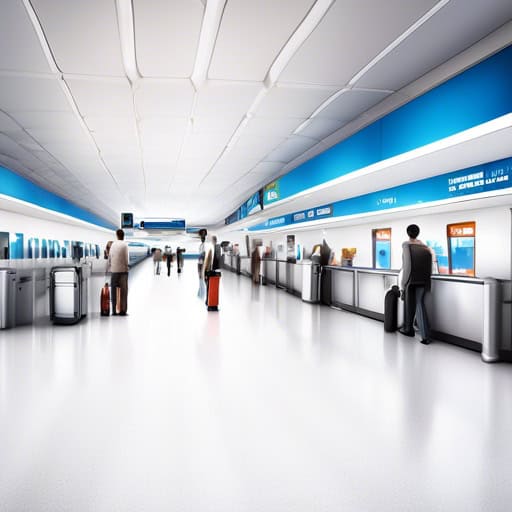
- After a long flight, the passengers eagerly awaited their arrival at the airport terminal.
- The arrival of the delayed flight caused chaos at the baggage claim area.
- The efficient handling of arrivals at the airport helped streamline the passenger flow.

- The terminal at the airport was bustling with travelers rushing to catch their flights.
- I waited patiently at the gate for my boarding time to be called.
- After landing, we made our way through the terminal to retrieve our luggage.
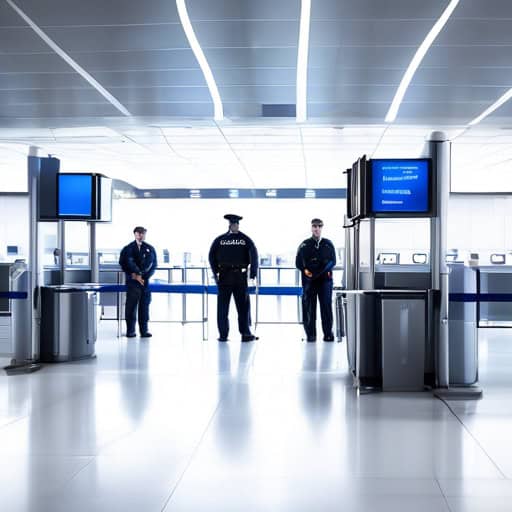
- Airport security is a top priority to prevent any threats or dangers to travelers.
- There are strict security protocols in place to screen passengers and their belongings before boarding flights.
- The security personnel at the airport are trained to respond quickly and effectively in case of emergencies.
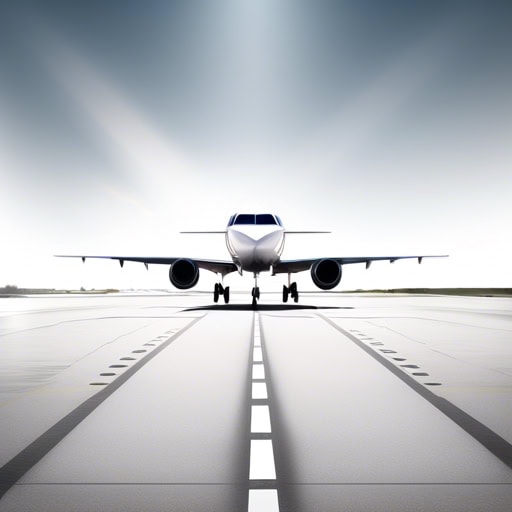
- The airplane taxied down the runway before accelerating for takeoff.
- The runway lights illuminated the path for the incoming aircraft during the night.
- The runway was cleared of debris to ensure a safe landing for the approaching plane.

- The gate for my flight to Paris is at the end of the terminal.
- The security guard checked my boarding pass before allowing me through the gate.
- I waited anxiously at the gate, hoping my name would be called for an upgrade to first class.
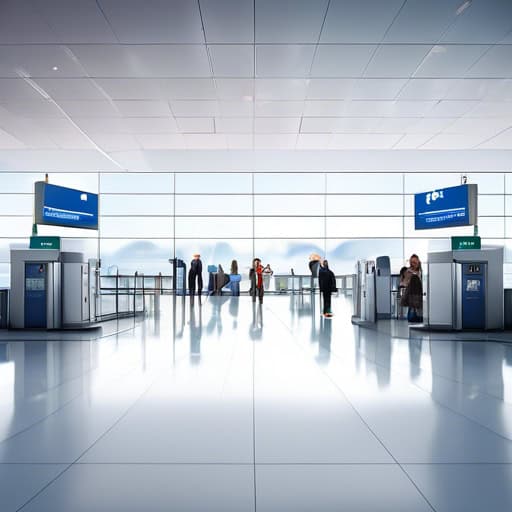
- The departure of the flight was delayed by an hour due to bad weather conditions.
- After saying their goodbyes, the family made their way to the departure gate.
- The departure lounge was filled with travelers waiting to board their flights to different destinations.

- The boarding process for our flight to Paris will begin at 3:00 PM at Gate A7.
- Please have your boarding pass and identification ready as you approach the gate.
- Passengers requiring special assistance will be allowed to board before general boarding begins.
Buying An Airline Ticket
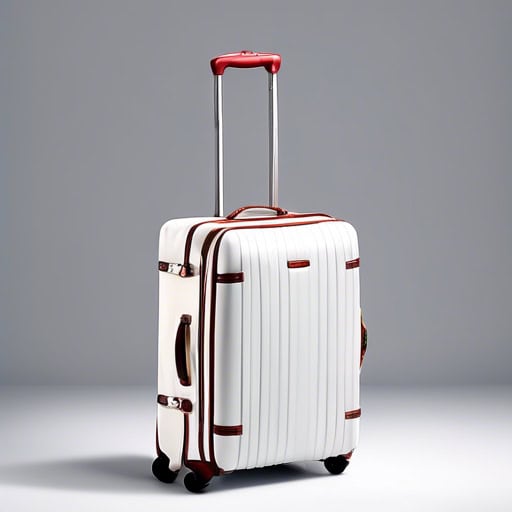
- I was careful to check the airline's baggage allowance before packing for my trip.
- Unfortunately, I had to pay an extra fee because my luggage exceeded the baggage allowance.
- The baggage allowance for economy class passengers is typically lower than for business class.
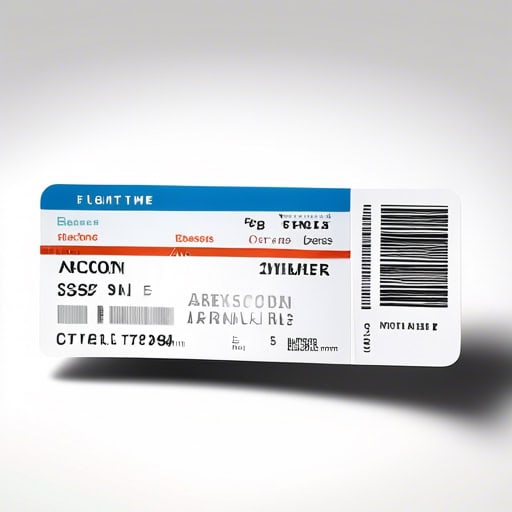
- I printed out my boarding pass at home to save time at the airport.
- Make sure you have your boarding pass ready to show at the gate.
- I accidentally left my boarding pass in the seat pocket on the plane.
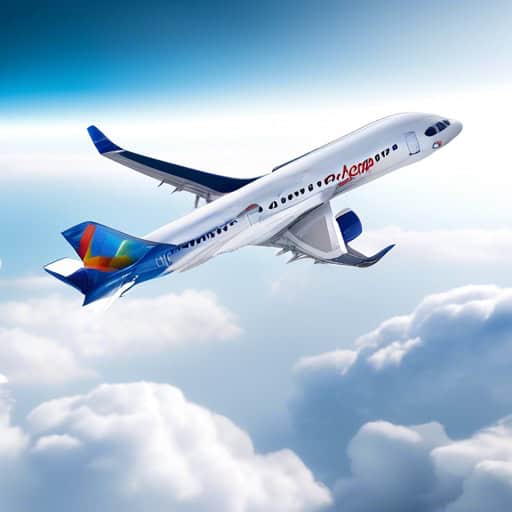
- Our cancellation policy allows for a full refund if the ticket is cancelled within 24 hours of booking.
- Please review the cancellation policy carefully before making any changes to your reservation.
- Failure to adhere to the cancellation policy may result in a penalty fee.
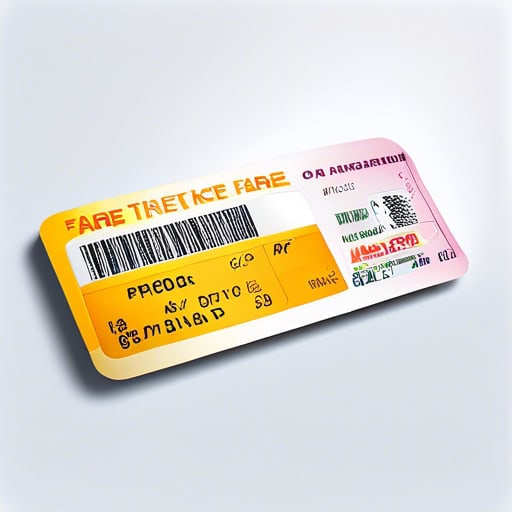
- The fare for my flight to Paris was quite expensive, but it was worth it for the direct flight.
- I was surprised by how affordable the fare was for my train ride to the next city.
- The fare for the bus includes a transfer at the station, so make sure you have enough time to catch your connecting bus.
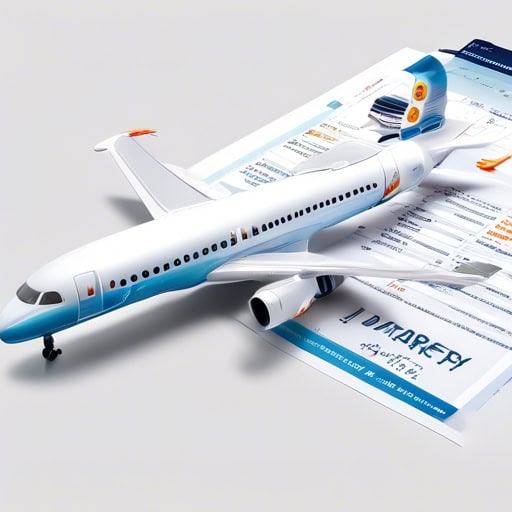
- I have emailed you my itinerary for the business trip next week.
- Please review the itinerary and let me know if there are any changes needed.
- The itinerary includes all of the flight details and hotel reservations for our vacation.
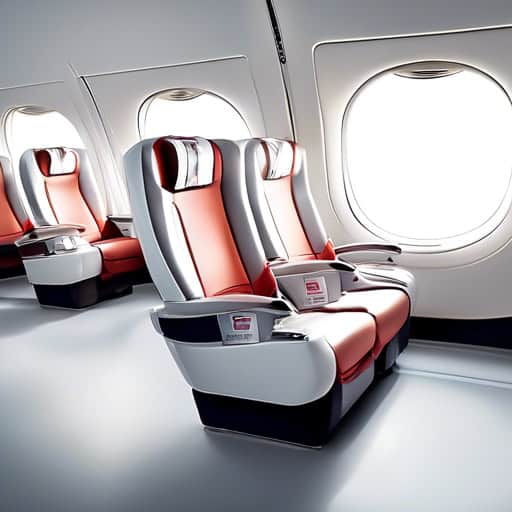
- I made a reservation for a table at the restaurant for our anniversary dinner.
- She called to cancel her hotel reservation due to a family emergency.
- The reservation for the conference room was accidentally double-booked, causing confusion among the attendees.
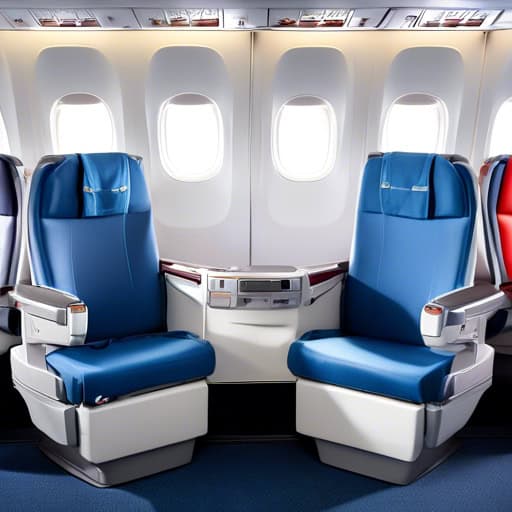
- I always make sure to do my seat selection as soon as I book my flight to ensure I get the best seat possible.
- Some airlines charge extra for preferred seat selection, so be sure to check the fees before choosing your seat.
- If you have specific preferences for your seat selection, such as aisle or window, make sure to indicate that when booking your flight.
Airport Security
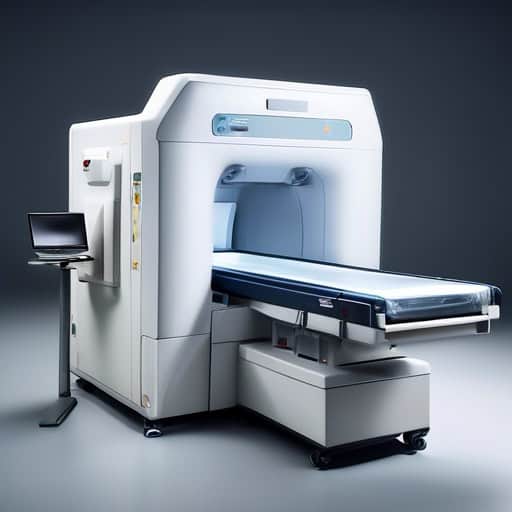
- The technician operated the x-ray machine to inspect the contents of the suspicious package.
- After going through the x-ray machine, the traveler's carry-on bag was deemed safe to board the plane.
- The security checkpoint required all passengers to pass their belongings through the x-ray machine for screening.
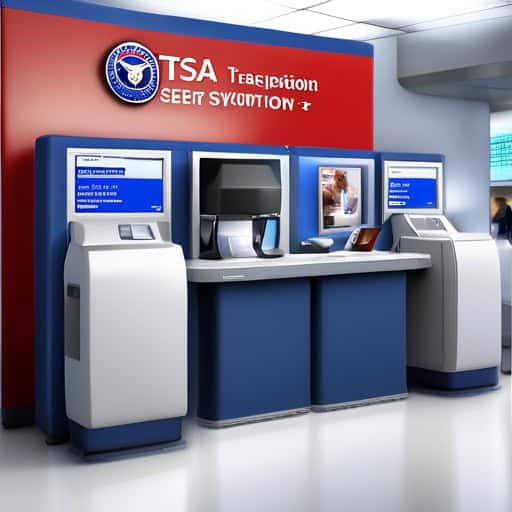
- I had to go through TSA security before boarding my flight.
- The TSA agent asked me to remove my shoes and belt before going through the metal detector.
- The TSA discovered a prohibited item in my carry-on bag during the security screening.
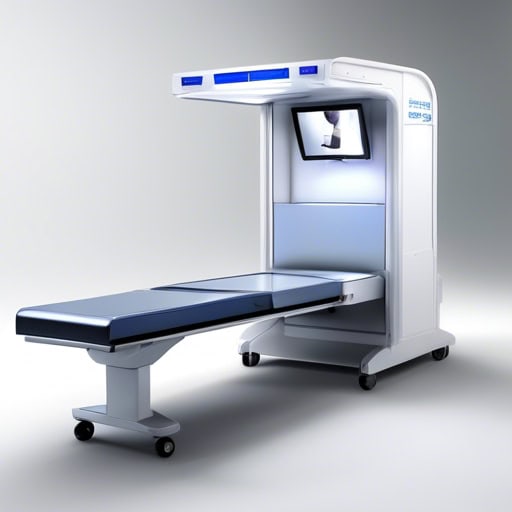
- I have to go through a thorough screening process every time I visit the courthouse.
- The company implemented a new screening policy to ensure the safety of all employees.
- The airport screening line was moving slowly due to the heightened security measures.
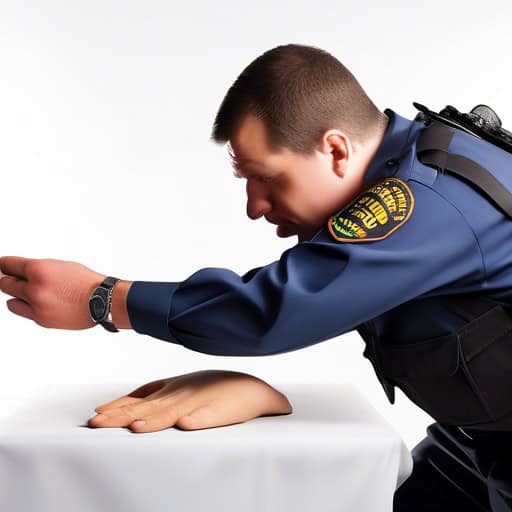
- The security officer performed a thorough pat-down on the suspicious individual before allowing them to enter the building.
- After going through metal detectors, passengers may be selected for a random pat-down at the airport.
- The pat-down revealed a hidden weapon that the person was attempting to bring into the concert venue.
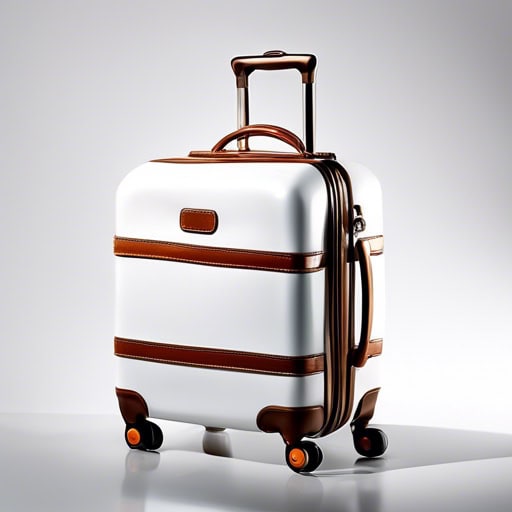
- I always pack my essentials in my carry-on luggage to avoid any issues if my checked bag gets lost during travel.
- The airline attendant reminded us that our carry-on luggage must fit within the size restrictions before boarding the plane.
- I prefer to travel with only my carry-on luggage to avoid the hassle of waiting for checked bags at the baggage claim.
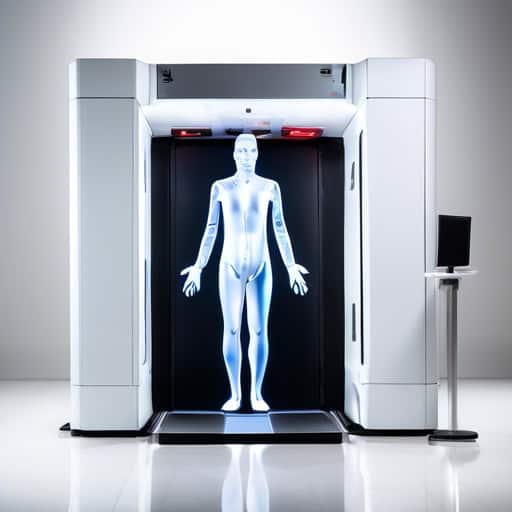
- The body scanner at the airport detected a suspicious object hidden in the passenger's jacket.
- After passing through the body scanner, the security officer instructed the traveler to undergo further screening.
- The new body scanner technology is more efficient and accurate in detecting prohibited items on individuals.
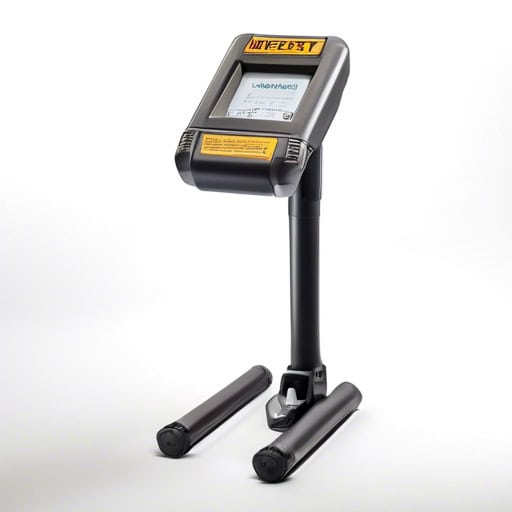
- As I walked through the airport security checkpoint, I was instructed to walk through the metal detector.
- The security guard waved the metal detector wand over my body, making sure I wasn't carrying any prohibited items.
- The metal detector beeped loudly as I walked through, prompting a thorough search of my belongings.
Finding Departure Gate

- As I approached the security checkpoint, I made sure to have my ID and boarding pass ready for inspection.
- The line at the security checkpoint seemed never-ending, but I knew it was necessary for everyone's safety.
- After passing through the security checkpoint, I felt relieved knowing that the airport was taking measures to ensure our safety.

- The terminal at the airport was bustling with travelers rushing to catch their flights.
- I had to navigate through the crowded terminal to find my gate for the connecting flight.
- Passengers were advised to arrive early at the terminal to allow enough time for security checks and boarding procedures.
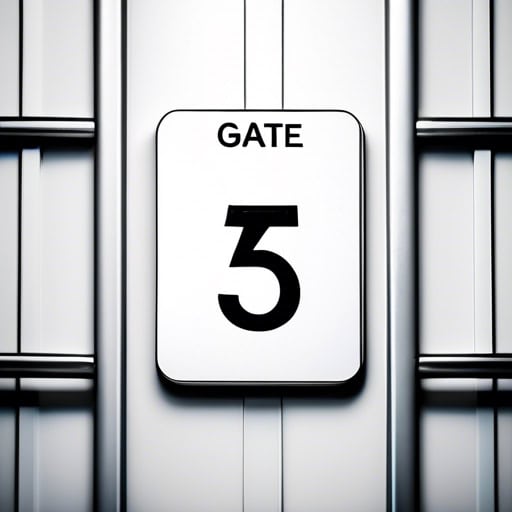
- Please proceed to gate number 12 for your flight to New York.
- The gate number for your connecting flight to Paris has been changed to 24.
- Passengers are advised to arrive at the gate number at least 30 minutes before departure.
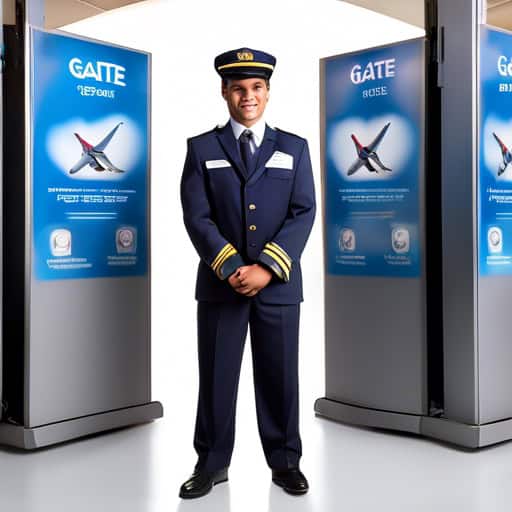
- The gate agent announced the boarding process for the flight to Chicago.
- Passengers were directed to speak with the gate agent to address any seat assignment issues.
- The gate agent checked boarding passes and passports before allowing passengers to enter the aircraft.
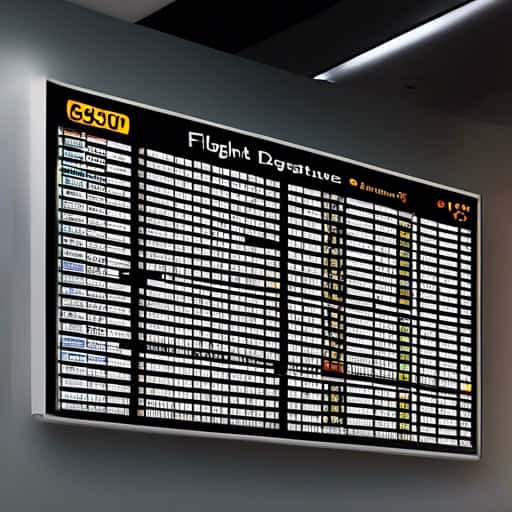
- The departure board displayed the gate number for my flight to New York.
- Passengers gathered around the departure board to check the status of their flights.
- I glanced at the departure board to see if my flight was delayed.
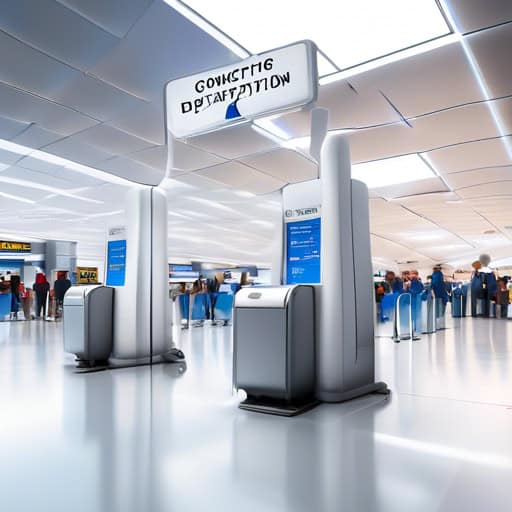
- I missed my connecting flight due to a delay on my first flight.
- Our connecting flight was cancelled, so we had to rebook on a different airline.
- After landing, we only had 30 minutes to make our connecting flight.
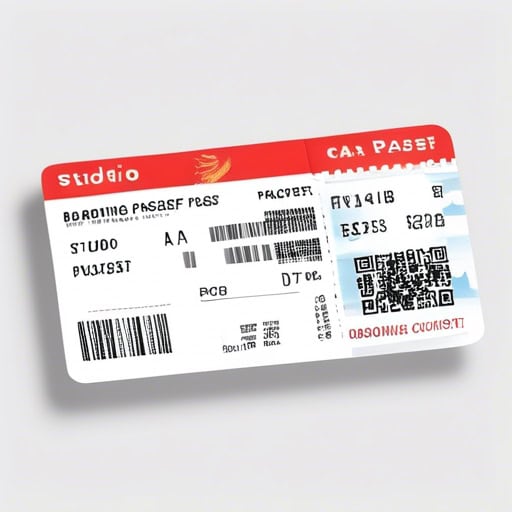
- I printed my boarding pass at home to save time at the airport.
- I misplaced my boarding pass and had to go to the airline counter for a new one.
- The flight attendant scanned my boarding pass before I boarded the plane.
Flying on an Airplane

- The cabin crew greeted passengers with warm smiles as they boarded the plane.
- During the flight, the cabin crew served drinks and snacks to all passengers.
- In case of an emergency, the cabin crew is trained to efficiently assist passengers and ensure their safety.

- The plane experienced severe turbulence during the storm, causing many passengers to feel nauseous.
- Pilots are trained to navigate through turbulence safely and efficiently, ensuring the safety of the passengers.
- The flight attendants warned the passengers to remain seated with their seatbelts fastened due to expected turbulence ahead.
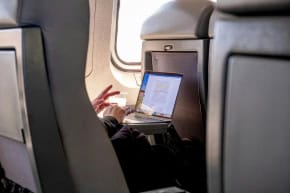
- The flight attendant reminded passengers to securely stow their tray tables during takeoff and landing.
- I unfolded the tray table in front of me to enjoy my in-flight meal.
- The tray table was just big enough for my laptop and a cup of coffee.
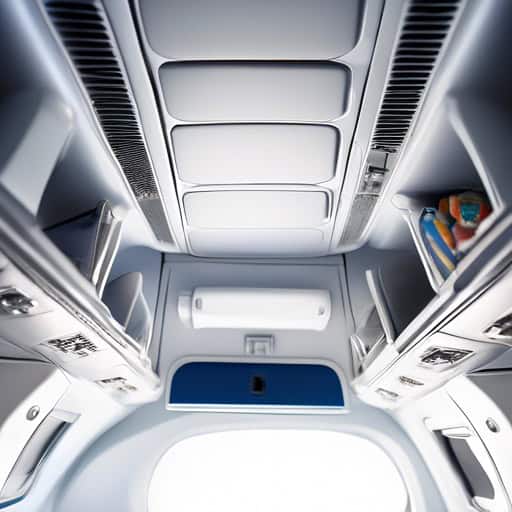
- As the flight attendant announced that we were about to land, I reached up to the overhead compartment to retrieve my bag.
- I had a hard time finding space in the overhead compartment for my carry-on since it was already quite full.
- Make sure to securely store your belongings in the overhead compartment to prevent them from falling out during turbulence.

- The flight attendant walked up and down the aisle, checking on passengers and assisting with any requests.
- During the flight, the flight attendant demonstrated how to use the oxygen masks in case of an emergency.
- The flight attendant smiled warmly as she served beverages to the passengers on the plane.
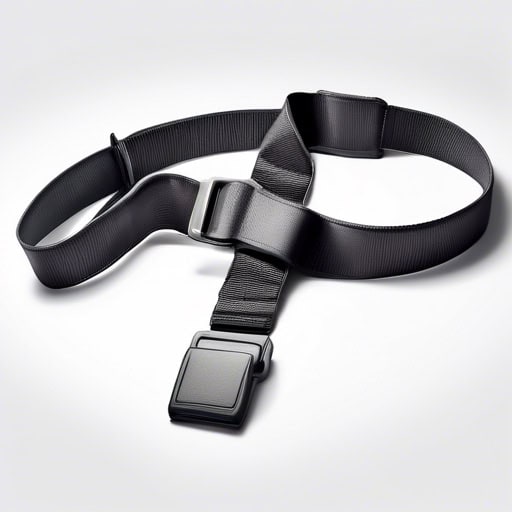
- Remember to always wear your seat belt when driving to ensure your safety in case of an accident.
- The flight attendant reminded passengers to fasten their seat belts as the plane prepared for landing.
- It is important to make sure that children are properly secured in their car seats with seat belts for their safety.
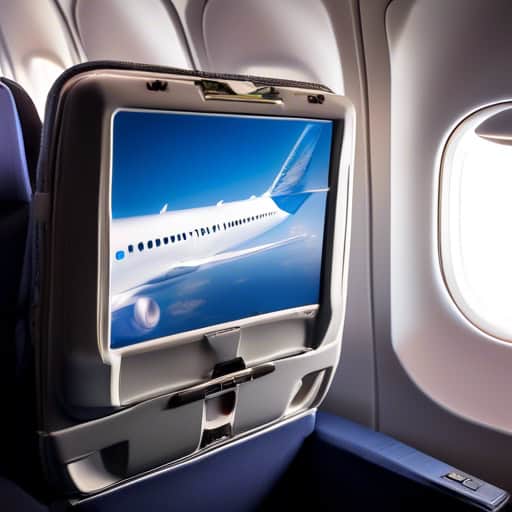
- The in-flight entertainment system on this airline offers a wide selection of movies and TV shows for passengers to enjoy during their flight.
- I always make sure to bring my noise-cancelling headphones to fully enjoy the in-flight entertainment.
- The in-flight entertainment on my last flight was not working, so I ended up reading a book instead.
Quick Facts
- The world’s busiest airport by passenger traffic is Hartsfield-Jackson Atlanta International Airport in the United States, with over 100 million passengers passing through each year.
- The longest commercial flight in the world is from Singapore Changi Airport to Newark Liberty International Airport in the United States, lasting over 18 hours.
- Some airports, like Denver International Airport, have their own unique artwork and installations, making them not just transportation hubs but cultural destinations as well.
- Airports play a crucial role in the economy, generating billions of dollars in revenue and providing thousands of jobs in sectors such as aviation, hospitality, and retail.
- The world’s largest airport by total land area is King Fahd International Airport in Saudi Arabia, covering over 780 square kilometers.

